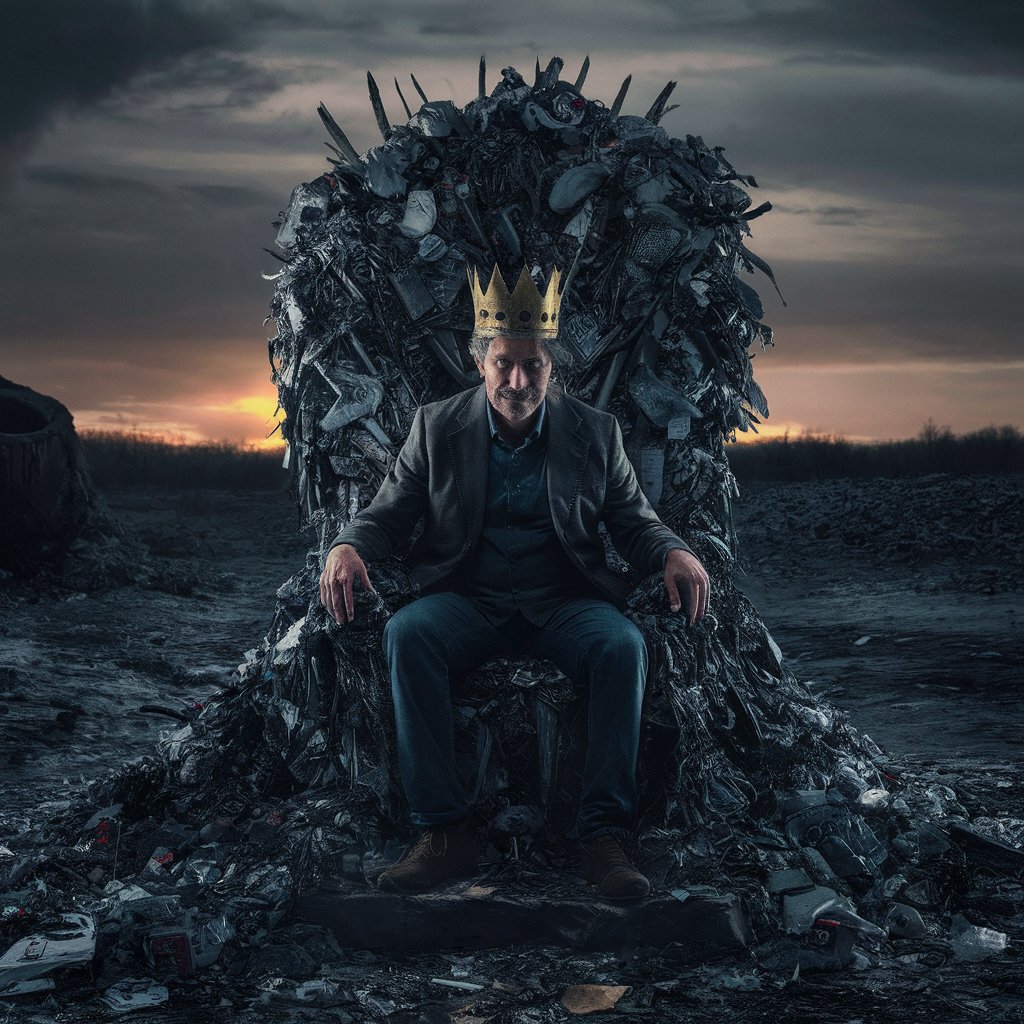Your cart is currently empty!

There are No Kings
Supreme Court Decision on Trump’s Immunity: Clarifying Misconceptions
The Supreme Court’s recent ruling on former President Trump’s claim of immunity has generated significant concern, mainly due to sensationalism in many media outlets. In reality, the decision to vacate and remand the case to lower courts means that Trump will face further judicial scrutiny regarding his actions. This process ensures that any criminal activities unrelated to his official duties while in office are thoroughly examined. The ruling does not immediately impact potential prosecutions but sets a clear legal framework for lower courts to follow, ensuring that Trump’s actions are not shielded by his former position. This is a net benefit for our democracy as it ensures a robust process for fairly holding the chief executive of our country to account for their actions.
The ruling upholds the principle that while in office, a president must be able to perform duties without constant threat of undue or corrupt lawfare for officially sanctioned acts (acts that fall within the constitutional parameters of the Chief Executive). Yet, it equally asserts that presidents can be held accountable for criminal actions unrelated to their official role. This balance is crucial in maintaining the integrity of the executive branch while ensuring accountability.
Understanding the Ruling
The core of the decision emphasizes that no president, sitting or former, is above the law when it comes to actions outside the scope of official duties. Chief Justice Roberts, writing for the majority, stated, “the rule of law applies to all individuals, regardless of position.” The idea is to ensure accountability for any criminal conduct undertaken outside presidential duties.
Justice Opinions
Majority Opinion: Chief Justice Roberts, joined by Justices Thomas, Alito, Gorsuch, and Kavanaugh, highlighted that presidential actions must be scrutinized if they pertain to criminal behavior outside official responsibilities. This decision reinforces the balance of power and the rule of law.
Concurring Opinions: Justice Thomas, in his concurring opinion, reiterated that while presidents must have certain immunities to perform their duties without undue hindrance, these do not extend to actions beyond official capacities. Justice Barrett agreed but had reservations about specific legal interpretations.
Dissenting Opinions: Justice Sotomayor, joined by Justices Kagan and Jackson, expressed concerns about the implications for presidential accountability. Sotomayor argued that the decision could potentially destabilize the executive branch, emphasizing the need for clear legal boundaries to prevent misuse of power. However, this dissent underscores a partisan divide and does not acknowledge the lower courts’ role in determining what constitutes an official act on a case-by-case basis.
Addressing Concerns
The ruling does not grant Trump or any future president blanket immunity. Instead, it upholds the principle that while in office, a president must be able to perform duties without constant threat of partisan lawfare for official acts. It creates a process for parties to petition courts to review and determine whether or not an act was official, and it equally asserts that presidents can be held accountable for criminal actions unrelated to their official role.
To further clarify, lower courts will play a crucial role in this process. They will evaluate specific actions to determine whether they fall within the scope of official duties. This ensures that each case is assessed on its own merits, providing a tailored approach to presidential accountability.
There are no Kings
This decision maintains a critical balance between enabling presidential duties and ensuring legal accountability. It reinforces the judiciary’s role in checking presidential power, a cornerstone of American democracy. Please take comfort in knowing that the decision adheres to longstanding legal traditions while ensuring that the principle of “no one is above the law” remains intact. The ruling does not undermine efforts to hold leaders accountable but rather delineates the scope within which immunity applies, providing a clear framework for future cases.
It’s important that we do not allow our sensationalized media to manipulate our emotions. For additional perspective, legal experts such as [Expert Name], [Expert Title], have noted that “this ruling is a reaffirmation of the checks and balances essential to our democracy.” Hopefully, this article provides some clarity, that once again, a SCOTUS decision is being entirely misrepresented on both sides of our media spectrum.
Potential Implications for Future Presidencies
Looking ahead, this ruling sets a precedent for how future cases involving presidential immunity might be handled. It underscores the importance of judicial scrutiny in maintaining a balance between executive privilege and accountability. Future presidents will be aware that while their official actions are protected to ensure they can perform their duties effectively, any actions outside this scope are subject to legal review and potential prosecution.
Read More
- Supreme Court Decision Documents:
- Legal Analysis and Opinions:
- Presidential Immunity Context:
- Media Literacy Resources:

Leave a Reply